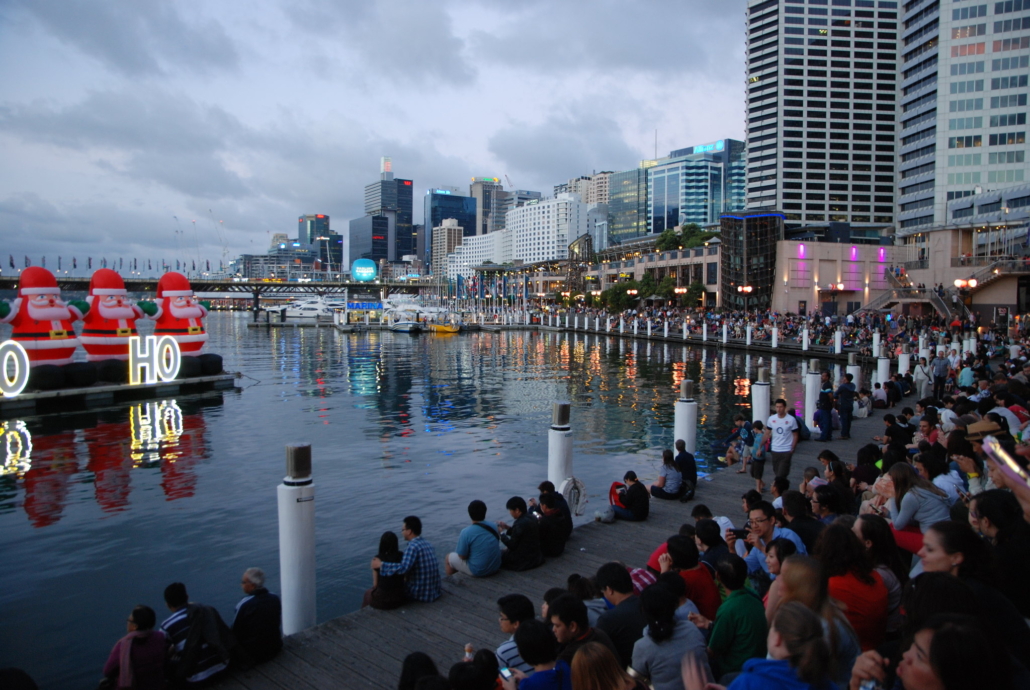Overcoming Obstacles After Migration to New Zealand

New Zealand hosts 1,500 refugees and asylum seekers annually, predominantly from Asia, the Middle East, the Pacific. and South America. Migrants experience challenges, such as the language barrier between migrants and locals and discrimination, when adjusting to a foreign country. Here is more information about the challenges pertaining to migration to New Zealand.
Language Barrier Between Refugees and Locals
Due to the language barrier, some retired migrants cannot comfortably interact socially with the locals, which disables them from forging new relationships and connections. Moreover, social support and health services are difficult to access because they need to speak English in New Zealand.
Such healthcare services include consulting medical doctors when ill or providing emergency services in critical situations. The inability to convey their health issues can lead to complications in the future.
Discrimination from Locals
Discrimination is prevalent in New Zealand; however, it is more common for migrants and foreigners to experience racial prejudice. Due to physical appearances or the inability to speak English, migrants may get harassed in public places by locals.
“As stated in the 2016 General Social Survey (GSS), about 26% of recent migrants said they’d felt discriminated against in the previous 12 months, compared with about 16 percent for both long-term migrants and people born in New Zealand.” This affirms that racial discrimination does occur for migrants regardless of the duration they have lived in New Zealand. Furthermore, discrimination effects poverty via:
- Social Isolation: Issues of poverty can be magnified when discrimination can mentally affect migrants, leading to isolating themselves from society. This also reduces the community resources that provide employment and access services.
- Wage Gaps: After employment, migrants may experience wage inequality compared to their local colleagues. Employer discrimination can result in economic instability for the migrants.
Unemployment Among Migrant Workers in New Zealand
There have been numerous accounts where multiple Chinese migrant workers are left jobless due to their employers firing them. “Three Chinese migrant workers who were sacked within a month of each other by the same Auckland employer are the latest among at least 100 workers who are unemployed after paying thousands of dollars for their accredited employer work visas (AEWV).” Many have paid thousands of dollars for accredited work visas yet cannot earn a steady income or afford living costs.
Existing Poverty Among Migrants in New Zealand
Despite initiatives from independent organizations to address the challenges of migration to New Zealand, poverty among migrants in New Zealand is still prevalent. According to the Ministry of Business, Innovation and Employment, 16% of migrants could not afford to live in their previous country. In contrast, almost a third of all migrants do not have sufficient funds to pay for their living costs in New Zealand.
The New Zealand Red Cross
In 1944, during World War 2, the New Zealand Red Cross welcomed New Zealand’s first refugees – more than 700 Polish children displaced in the war. The New Zealand Red Cross has assisted more than 7,000 people to start a new life in New Zealand for the last 20 years.
For the first six months, volunteers will help former refugees with logistical arrangements, such as purchasing groceries, setting up an online bank account, heading to the local school for English lessons, and familiarizing themselves with the local neighborhood.
The Human Rights Commission
If refugees experience racial discrimination, they can approach the Human Rights Commission (Te Kähui Tika Tangata) for details and help. Specific types of racism are illegal, and the Human Rights Act safeguards refugees from racial discrimination and harassment in some public areas: government services and grocery stores.
New Zealand Immigration ensures that former refugees and their families are included in the local community while staying mentally and physically healthy, having a place to call home, learning English, and staying independent with a job.
A Path Forward for Migration to New Zealand
While migrants may encounter these issues, government-initiated plans and organizations provide effective solutions for a smoother transition from impoverished countries to New Zealand. With a wide range of support, migrants can join communities to live comfortably with others without the burden of poverty.
– Nalini Vijayakumar
Nalini is based in Perth, WA, Australia, and focuses on Business and Good News for The Borgen Project.
Photo: Flickr
